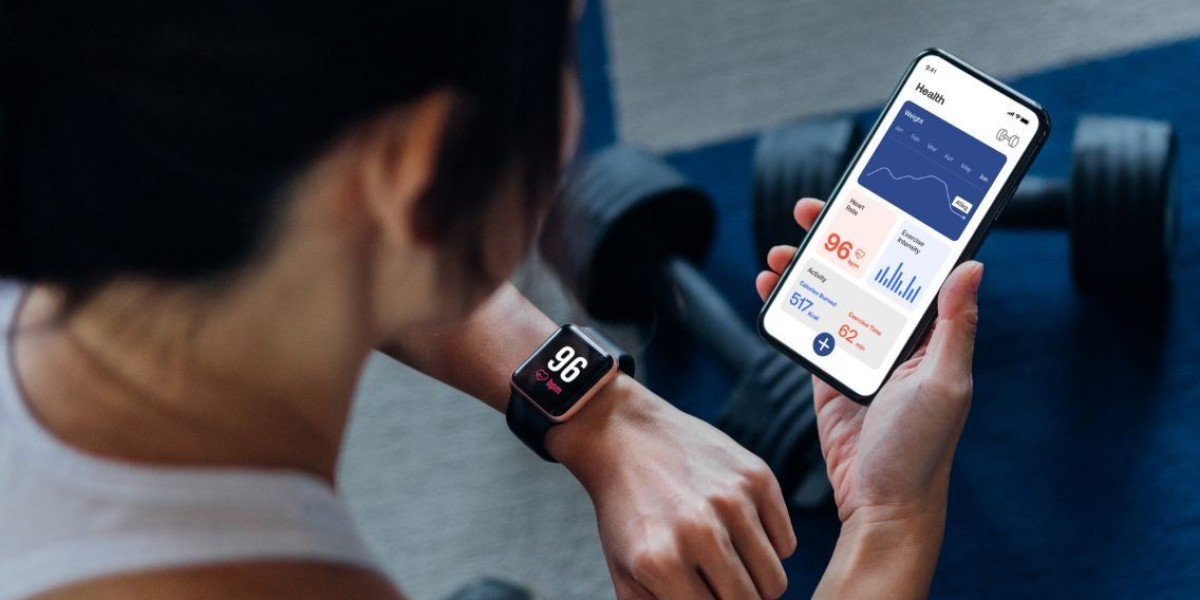Heart rhythm problems, known as arrhythmias, can be challenging to diagnose. Symptoms like palpitations, dizziness, or fainting often happen sporadically and unpredictably. By the time a patient sees his doctor, the troubling heart rhythm may have stopped. This leave doctors trying to solve a mystery without enough clues.
New remote cardiac monitoring technologies are cutting delays in diagnosis by providing cardiologists 24/7 access to a patient’s heartbeat. Small, wearable sensors like adhesive patches or watches track a patient’s electrocardiogram (ECG) around the clock. Data transmits wirelessly to cloud-based servers where algorithms alert doctors to irregular heartbeats. This gives cardiologists the freedom to diagnosis episodic arrhythmias even if a patient isn’t having symptoms during an office visit.








